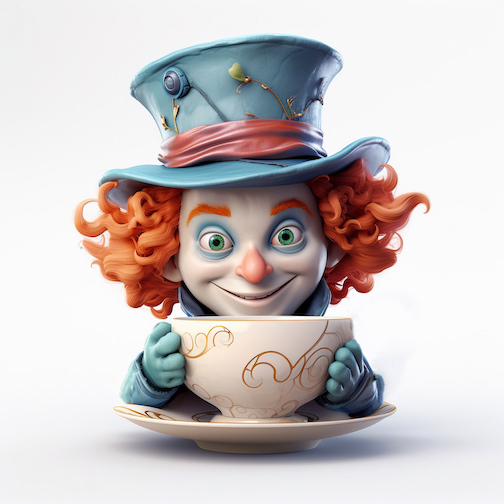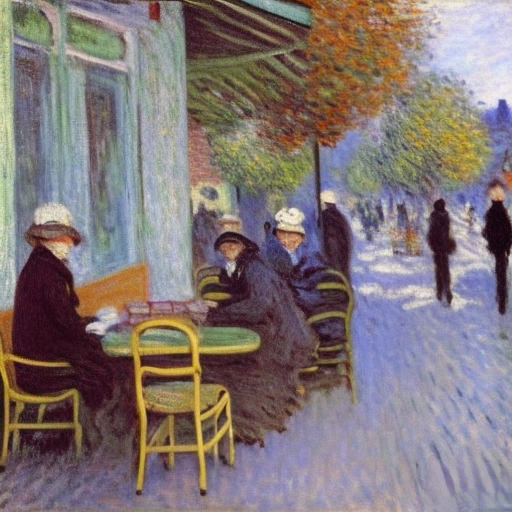Coffee, a beverage as rich in history as it is in flavor, has woven itself into the fabric of cultures across the globe. This potent elixir, brewed from the humble beans of the Coffea plant, has played a significant role in shaping societal structures over the centuries, acting as a catalyst for conversation, inspiration, and even revolution. From its mythical discovery by an Ethiopian shepherd noticing his goats’ lively antics after consuming the cherries of a strange tree, to its revered status in the high-tech modern cafes of the 21st century, coffee’s journey is as complex as the notes in a well-crafted single-origin brew.
What started as an exotic novelty from the wilds of Africa, spread through the Middle East’s sophisticated coffee houses, spurred intellectual discourse in the European enlightenment, fueled the grind of the industrial revolution, and now energizes the ceaseless pulse of the digital age. In this exploration, we’ll delve into some of the unexpected, bizarre, and often misunderstood aspects of this beloved drink, separating the facts from the fictions and shedding light on the hidden corners of coffee’s enduring legacy.
Facts:
Coffee was originally eaten: The origin of coffee is thought to be Ethiopia, where the coffee cherries and their beans were initially eaten by slaves taken from Sudan to Yemen and Saudi Arabia. They would grind the beans and mix them with fat to create a kind of energy ball. (now in chocolate covered varieties).
Coffee led to the invention of the webcam: The first webcam was developed at the University of Cambridge to monitor a coffee pot in the computer science department’s Trojan Room to avoid wasted trips to an empty pot.
Beethoven was a coffee lover: Beethoven was such a fan of the brew that he’d count 60 beans per cup before making his coffee. He believed this to be the perfect amount for his preferred taste.
Coffee is a fruit: Coffee beans are actually the pits of a cherry-like berry that grow on bushes. Even though coffee is actually a seed, it’s called a bean because of its resemblance to actual beans.
Fictions:
“Coffee stunts your growth“: This is a common myth that has been debunked by many scientific studies. There is no evidence that coffee consumption has any significant effects on a person’s physical growth.
“Espresso has more caffeine than regular coffee“: While it’s true that espresso contains more caffeine per volume, a typical serving of espresso is much smaller than a serving of regular coffee. Therefore, a cup of brewed coffee will generally have more caffeine than a shot of espresso.
“Coffee dehydrates you“: This myth likely stems from the fact that caffeine can have a diuretic effect, but regular coffee drinkers develop a tolerance to this effect. For most people, the water content in coffee will offset any dehydrating effects.
“The darker the roast, the stronger the coffee“: Many people believe that a darker roast means a stronger or more caffeinated coffee. In fact, lighter roasts tend to have slightly more caffeine because the roasting process reduces caffeine content. The “strength” people associate with dark roasts is actually a stronger flavor, not more caffeine.
These are just a few of the many facts and fictions about coffee. The world of coffee is full of fascinating history, science, and cultural nuances. I will share more as I uncover them.
Please note that if you purchase from clicking on the link, some will result in my getting a tiny bit of that sale to help keep this site going.



